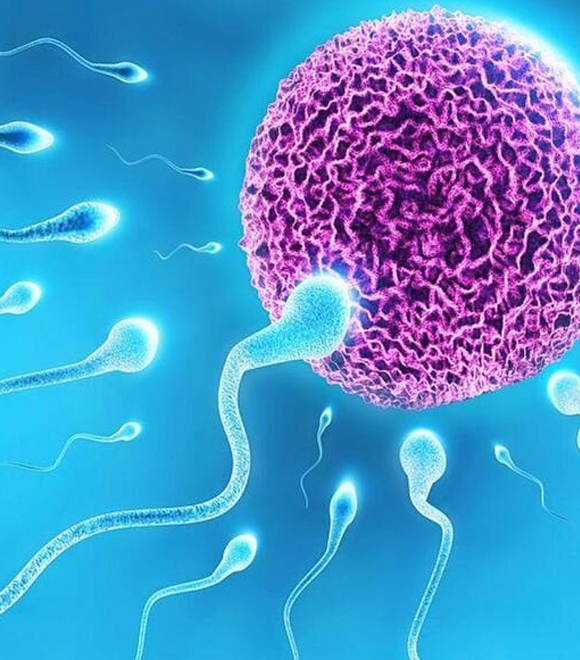
Infertility
Infertility
Infertility refers to the inability to conceive a child despite regular, unprotected sexual intercourse for a certain period of time. It is a common issue that affects both men and women. Here are some key points about infertility:
Female Factors: Common causes of female infertility include ovulation disorders (such as polycystic ovary syndrome), fallopian tube damage or blockage, endometriosis, uterine abnormalities and age-related factors.
Male Factors: Male infertility can result from issues such as low sperm count, poor sperm motility or morphology, erectile dysfunction, hormonal imbalances, genetic conditions or structural abnormalities.
Male Factors: Male infertility can result from issues such as low sperm count, poor sperm motility or morphology, erectile dysfunction, hormonal imbalances, genetic conditions or structural abnormalities.
Infertility is typically diagnosed after a couple has been actively trying to conceive for one year without success. If the woman is over 35 years old, a doctor may recommend seeking an evaluation after six months.
Both partners will undergo a series of medical tests, including a thorough medical history, physical examination, hormonal assessments, semen analysis (for men) and imaging tests (such as ultrasound or hysterosalpingogram) to assess the reproductive organs (for women).
Treatment for infertility depends on the underlying cause and can vary from lifestyle changes to medical interventions. Some common treatment options include:
Fertility Medications: Medications may be prescribed to stimulate ovulation or regulate hormonal imbalances in both men and women.
Assisted Reproductive Technologies (ART): These include procedures such as in vitro fertilization (IVF), intracytoplasmic sperm injection (ICSI) and intrauterine insemination (IUI). ART involves combining eggs and sperm outside the body to form an embryo and implanting it into the uterus.
Surgery: Surgical interventions may be required to correct anatomical abnormalities in the reproductive organs, remove blockages or treat conditions like endometriosis or fibroids.
Donor Options: In some cases, using donor eggs, sperm or embryos may be considered.
Gestational Surrogacy: This option involves another woman carrying and delivering a baby for the intended parents.
Fertility Medications: Medications may be prescribed to stimulate ovulation or regulate hormonal imbalances in both men and women.
Assisted Reproductive Technologies (ART): These include procedures such as in vitro fertilization (IVF), intracytoplasmic sperm injection (ICSI) and intrauterine insemination (IUI). ART involves combining eggs and sperm outside the body to form an embryo and implanting it into the uterus.
Surgery: Surgical interventions may be required to correct anatomical abnormalities in the reproductive organs, remove blockages or treat conditions like endometriosis or fibroids.
Donor Options: In some cases, using donor eggs, sperm or embryos may be considered.
Gestational Surrogacy: This option involves another woman carrying and delivering a baby for the intended parents.
Dealing with infertility can be emotionally challenging for individuals and couples. It is essential to seek emotional support from loved ones, join support groups or consider counseling to cope with the stress and emotional impact of infertility.
It’s important to remember that infertility is a complex issue and the appropriate treatment approach will depend on the specific circumstances and factors contributing to infertility. Seeking guidance from a fertility specialist is recommended to receive personalized care and explore the available options.
We strive to deliver personalized care tailored to individual needs. Your health and well-being are our top priorities. And we are here to support you in every way.





